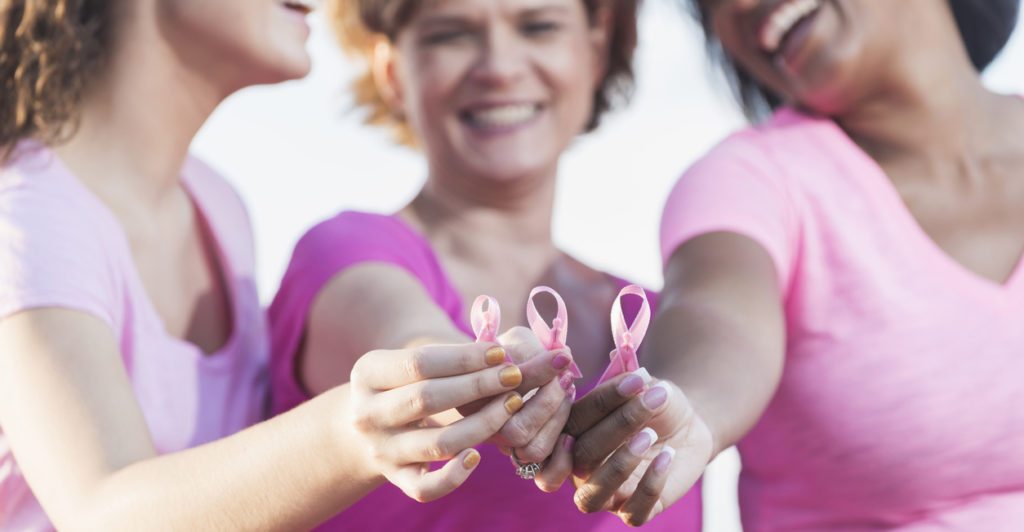Does all breast cancer start with a lump? If not, what are some other signs I should be aware of?
No, not all breast cancer starts with a lump, although this is the most common symptom of breast cancer. A lot of breast cancers are detected before a lump is noted by imaging, mainly mammography. Other symptoms to be aware of are nipple changes (including discharge, inversion or crusting of the nipple); dent, puckering or dimpling; shape changes; redness and swelling; unusual breast pain; or a lump under the arm.
I have no family history of breast cancer. When should I start getting checked?
Breast cancer is the most common cancer in women in New Zealand. One in eight will get breast cancer in their lifetimes – this figure includes women with a family history of breast cancer. I recommend all women consider screening mammography through Breast Screen Aotearoa from the age of 45. Some women may choose to be more proactive and commence screening from 40. It is important to become familiar with your breasts – to know what is normal for them, so you are in a better position to detect a change. This concept of breast awareness should be considered from age 20 and women should feel confident to see their family doctor to report any changes.
If I don’t feel or see anything unusual about my breasts, should I still have a mammogram?
Yes. The earlier a breast cancer is detected and treated, the better. Regular screening mammography provides the opportunity to detect cancers at their earliest possible stage, before any symptoms may be apparent.
What age should I start doing breast checks?
I like to advocate the concept of breast awareness. It is important to be familiar with what is normal for you so you can detect any changes. Starting to think about this from an early stage – say 20 – encourages women to get into a habit, which will serve them well in the long term. It is also important to balance this with the knowledge that most women in their 20s and 30s do not have a high risk of developing breast cancer in the next 10 years.
What are the main breast cancer risks?
There are a number of risk factors for the development of breast cancer that we can’t change, and often wouldn’t wish to. These include being a woman, getting older and having a family history of breast cancer.
We also know that increased breast density is associated with an increased risk of breast cancer, as well as certain previous breast issues, such as a previous breast biopsy showing atypical ductal hyperplasia or lobular carcinoma in situ (LCIS).
Breast cancer risk is also slightly increased by not having children or having children later in life, obesity, combined HRT (hormone replacement therapy) use or alcohol intake. Regular exercise can decrease your risk of breast cancer, and breastfeeding is protective.
I’ve noticed recurrent breast pain at the same time each menstrual cycle. Should I be concerned?
Recurrent pain at the same time each menstrual cycle is likely to be related to your hormonal cycle and is very common. However, if this is a change for you or you want advice to try to reduce symptoms, it is a good idea to see your general practitioner.
What are some other common misconceptions regarding breast cancer?
The common myths include:
• If I don’t have family history I can’t get breast cancer.
• I can’t get breast cancer if I am over 70.
• I can’t breast cancer if I am under 40.
• Men do not get breast cancer.
• Finding a lump means I have breast cancer.







